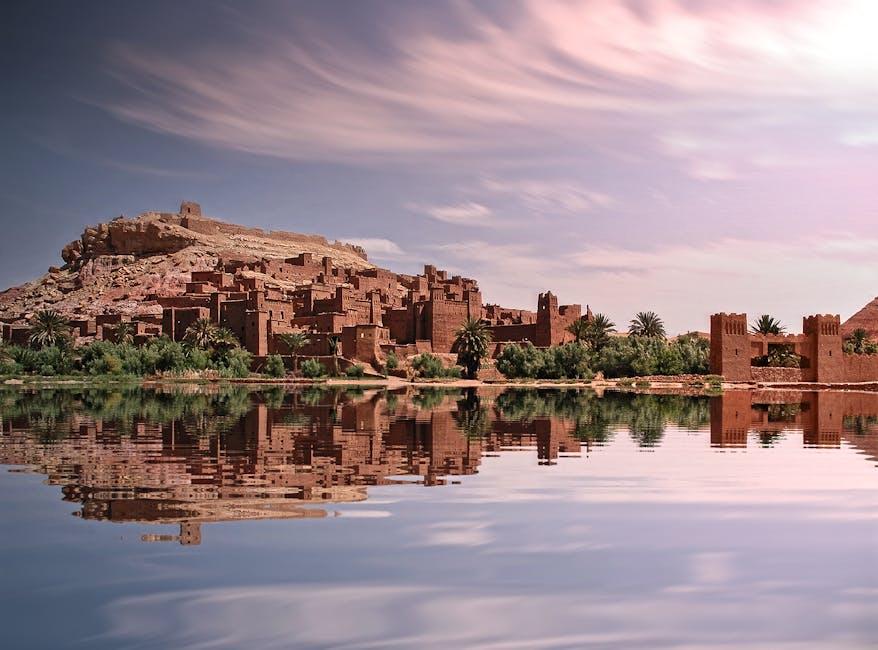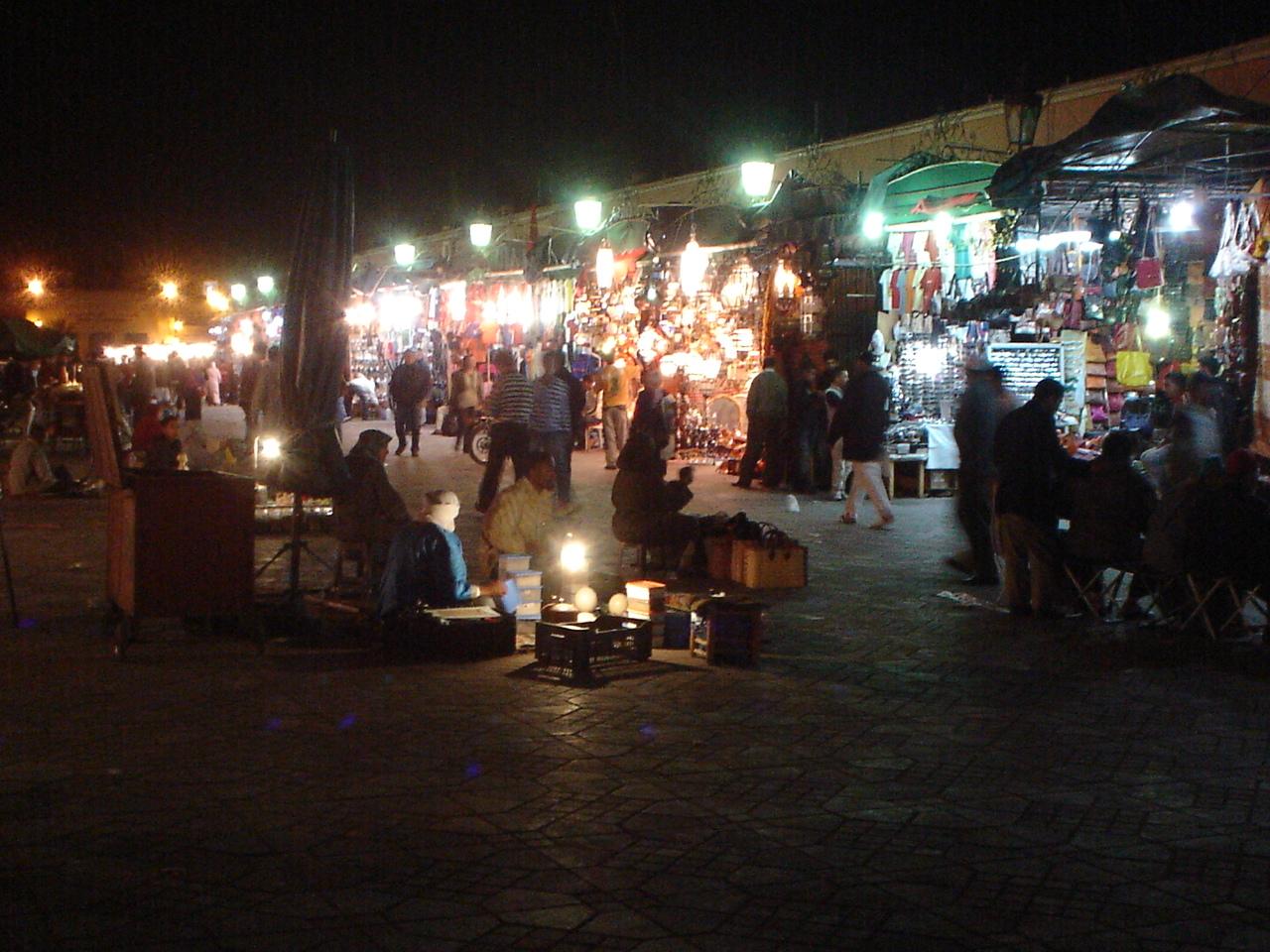In the sun-drenched landscapes of Africa, where the vibrant tapestry of cultures stretches from the deserts of the Sahara to the lush rainforests of the Congo, tourism has long been a bridge connecting diverse worlds. Yet, beneath the allure of its vast savannas and bustling markets lies a complex dialogue that intertwines tradition, identity, and modernity. This dialogue revolves around the delicate balance of celebrating cultural heritage while safeguarding it from the ever-looming shadow of cultural appropriation. As visitors flock to experience the continent’s rich history and dynamic cultures, they inadvertently step into a labyrinth of ethical considerations and cultural sensitivities. The dilemma of cultural appropriation in African tourism poses profound questions: How can one engage with and honor local customs without diluting their authenticity? And how do communities navigate the fine line between sharing their cultural treasures and witnessing their commodification? This article delves into these pressing issues, exploring the nuanced realities that shape the African tourism landscape today.
Exploring the Fine Line Between Appreciation and Appropriation in African Tourism
Travelers often seek authentic experiences, yearning to immerse themselves in the vibrant cultures of Africa. However, the journey from appreciation to appropriation can be perilously thin, often blurred by misunderstanding or unintentional insensitivity. To truly appreciate a culture, one must approach it with respect, understanding, and a willingness to learn. This means going beyond mere observation and engaging in meaningful ways that honor the traditions and values of the local communities.
Key considerations for travelers include:
- Educating oneself about the historical and cultural context of the region being visited.
- Supporting local artisans and businesses, ensuring that economic benefits remain within the community.
- Participating in cultural experiences that are offered by the community itself, rather than those that are commercialized by outside entities.
- Being mindful of photography and social media, ensuring that images are shared respectfully and with permission.
By consciously navigating these elements, tourists can contribute positively, fostering genuine connections and ensuring that cultural interactions are both enriching and respectful.
Understanding the Impact of Cultural Misrepresentation on Local Communities
In the context of African tourism, cultural misrepresentation often manifests through the simplification or distortion of rich traditions and customs to cater to a global audience. This can lead to a damaging cycle where stereotypes are reinforced, and the true essence of the culture is lost. Local communities may find themselves in a precarious position, having to choose between economic gain and the preservation of their cultural heritage. This not only affects their identity but also how they are perceived on the global stage.
- Economic Exploitation: Many local artisans and performers find their work undervalued and underpaid.
- Loss of Authenticity: Traditional practices may be altered or commercialized to meet tourist expectations.
- Erosion of Cultural Identity: Communities may face pressure to conform to outsiders’ perceptions of their culture.
To address these challenges, a balanced approach is needed—one that respects and honors the intricacies of cultural narratives while fostering an environment where tourism can thrive without compromising the integrity of local traditions. Collaborative initiatives that involve local communities in decision-making processes can play a pivotal role in achieving this balance.

Strategies for Authentic Engagement with African Cultures
Engaging with African cultures requires a respectful and informed approach, ensuring that interactions are meaningful and devoid of exploitation. Here are some strategies to consider:
- Research and Understand: Before visiting, take the time to learn about the history, traditions, and social dynamics of the cultures you wish to engage with. This not only enriches your experience but also demonstrates respect and appreciation.
- Support Local Artisans: Purchasing crafts and goods directly from local artisans not only supports the local economy but also ensures that the creators receive fair compensation for their work. This approach fosters sustainable cultural exchanges.
- Participate in Cultural Experiences: Engage in activities such as traditional cooking classes, storytelling sessions, or dance workshops led by local experts. These experiences offer authentic insights and provide an opportunity for genuine interaction.
By approaching cultural engagement with sensitivity and a genuine desire to learn, tourists can foster a respectful and enriching exchange that honors the diverse tapestry of African cultures.

Fostering Respectful Tourism Practices Through Collaborative Efforts
In the realm of African tourism, there lies a delicate balance between cultural celebration and appropriation. To address this, a more inclusive approach is required, involving collaboration among local communities, tourism operators, and cultural experts. Empowering indigenous voices to lead cultural tours and experiences not only ensures authenticity but also fosters mutual respect. This collaboration can be achieved through:
- Community-driven initiatives: Encouraging locals to share their stories and traditions firsthand.
- Educational workshops: Organizing sessions for tourists to understand the significance of cultural symbols and practices.
- Fair compensation: Ensuring that profits from cultural experiences benefit the local communities directly.
By prioritizing these collaborative efforts, the tourism industry can promote respectful engagement with African cultures, creating a more meaningful and sustainable experience for both visitors and hosts.
The Conclusion
As we reach the end of this exploration into the intricate tapestry of cultural appropriation in African tourism, it becomes clear that the journey is far from over. The vibrant landscapes and rich traditions of Africa beckon travelers from around the globe, yet with this allure comes a responsibility to tread thoughtfully. The dilemma we face is not just about preserving culture but about understanding and respecting it in its entirety.
In this delicate dance between appreciation and appropriation, there is an opportunity for dialogue, learning, and growth. It calls upon tourists, industry stakeholders, and local communities to engage in meaningful conversations and collaborations. By fostering a tourism landscape that values authenticity and respect, we can begin to unravel the complexities of this dilemma, ensuring that the beauty and diversity of African cultures are celebrated, not commodified.
As we close this chapter, let us carry forward the lessons learned and commit to a future where cultural exchange enriches both the traveler and the host. Only then can the vibrant heart of Africa beat in harmony with those who come to witness its wonders.


































